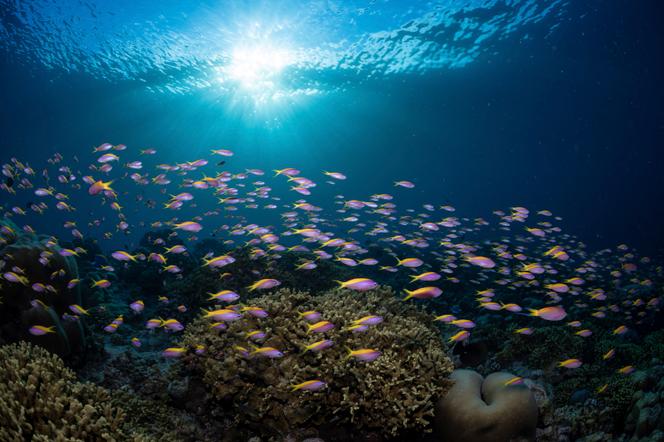


The Maldives, a luxury holiday destination and top diving spot in the Indian Ocean, will lift a decades-old ban on shark fishing, the president's office said on Wednesday, August 27. Sharks were once the second most important catch for the Maldives after tuna, which remains the main export earner for the nation of about half a million people.
However, authorities banned shark fishing after revenue from divers visiting the archipelago proved greater than earnings from shark oil, according to media reports at the time. The Maldives imposed a total ban on shark fishing in March 2010, following severe restrictions that had been in place since 1998. President Mohamed Muizzu's office said he announced the policy reversal at an atoll north of the capital on Tuesday, urging locals to prepare to resume gulper shark fishing.
"The gulper shark fishery will reopen in November under a comprehensive management plan," Muizzu was quoted as saying on Kulhudhuffushi island. He described the shark fishery as "a significant source of income."
The Maldives is a nation of 1,192 tiny coral islands scattered some 800 kilometers across the equator. Shark Guardian, a UK-based shark and marine conservation group, expressed alarm over the policy reversal.
"This move is deeply troubling, not only because it undermines the Maldives's reputation as a global shark sanctuary but also because it risks the long-term health of the nation's tourism-dependent economy," a Shark Guardian representative told Agence France-Presse (AFP).
Maldivians do not consume shark meat, but exported shark liver oil became the country's main source of foreign exchange before tourism. The low-lying nation is also at the forefront of efforts to tackle rising sea levels and has long been a vocal advocate for reducing global warming and tackling climate change.
Muizzu, who came to power in late 2023, has vowed to beat back the waves through ambitious land reclamation and the construction of higher islands, policies that environmental groups warn could even exacerbate flooding risks.
